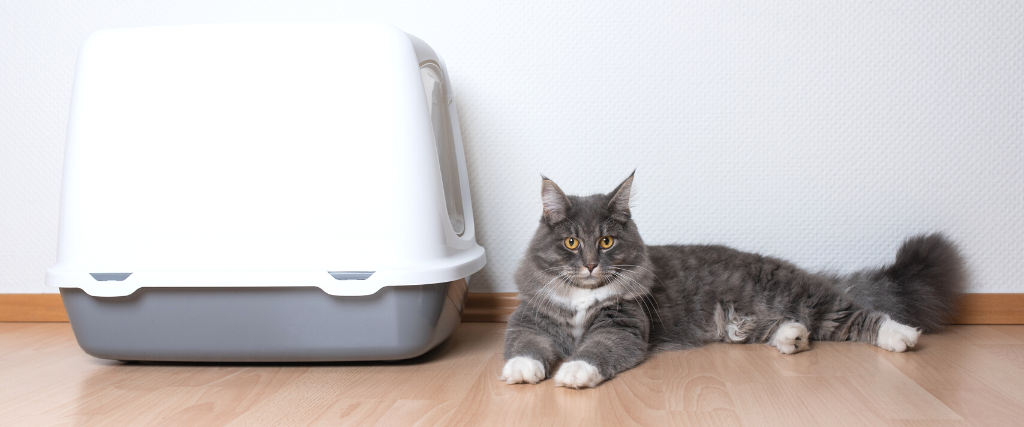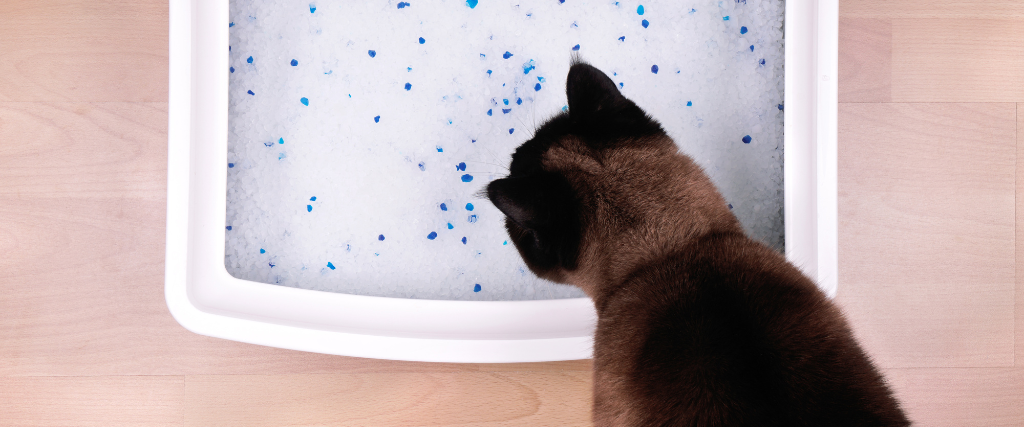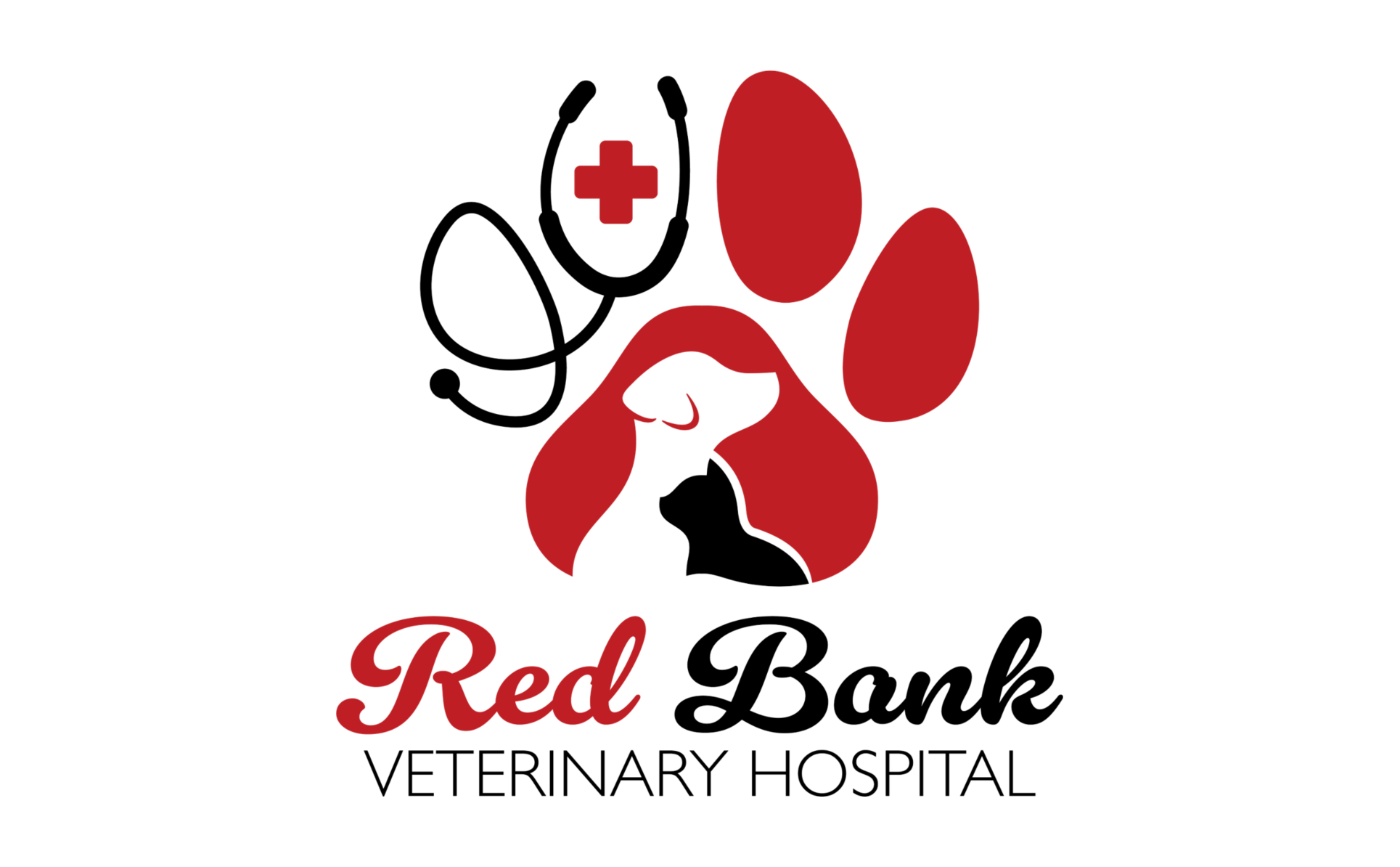Let's Talk About Stress
Have you ever felt stressed? Did you ever pig out on your favorite treat to help “cope” with the stress? What does your pet do when he or she is stressed? For a lot of pets, their coping mechanism for stress is acting out. For dogs, this may mean destructive behavior, and for cats, it often means inappropriate urination.
Pets can become stressed for many different reasons. For example, there are many dogs that become stressed from thunderstorms or fireworks because of the loud noise that they make. These dogs are often very anxious, will shake, and sometimes have destructive behavior.
Cats tend to handle stressful situations by either hiding or urinating inappropriately. Cats also tend to be much more sensitive to subtle changes in their environment than dogs are. Something as simple as having a guest stay at your house can really upset some cats.

So What Do You Do For Your Stressed Pet?
First, call your veterinarian. We are here to help. Depending on the situation, will depend on the course of action. For example, if you have a dog with a thunderstorm phobia we would discuss the Thunder Shirt with you (works for some pets and not for others), pheromones, and herbal/neutraceutical remedies, and then if all else fails, we would discuss drug therapy.
In the case of inappropriate urination in cats, it’s a bit more complex. First, your veterinarian will probably check a urine sample to make sure it’s not a urinary tract infection or other underlying medical condition. Assuming everything checks out ok, there will be a discussion about possible changes in your environment. In most cases, the stressor, such as a new pet, can’t be removed from the situation. Next, a long discussion will probably incur about litter boxes. Cats can be very particular about what type of litter box they have, the location of them, the type of litter used, etc. Most cats tolerate their litter boxes despite what their human chooses; however, all it takes is one stressful event to set them over the edge. If everything checks out and/or environmental changes don’t improve things then the next step may be a pheromone. We like to use Feliway diffusers which need to be refilled once a month. The cat pheromone is calming to many cats and helps relax them. A lot of our inappropriate urination patients respond to this step. For those particularly tough cases, a behavioral consult with your veterinarian is recommended and treatment may include anti-anxiety supplements or prescriptions.
Let's Talk About Fritz
Take Fritz, for example. He came to us because he was stressed. We don’t know what exactly stressed him out in his home, but his coping mechanism was to urinate on his owner’s new couch and bed. His owner couldn’t handle this anymore so Dr Bergman took Fritz in. In this case, the previous owner just didn’t want to deal with him urinating all over the furniture, which is understandable since cat pee stinks.

The first thing we did was get a urine and blood sample from him to make sure everything was ok. When that checked out normal, we decided to just wait and see what happens. If he started urinating outside the litterbox, we would try Feliway.
Fritz has lived with Dr Bergman for over seven years now. Since the day he moved into Dr Bergman's home he has never urinated anywhere but his litter box. Fritz's case is extreme in the sense that he was taken out of the environment that caused him stress and the symptoms resolved. Most people are willing to try other steps before giving their pet away, and if Fritz was urinating all over the house, we would have tried the other treatments mentioned above.
For Fritz, a new home worked out just fine for him. So now Fritz spends his days lounging in his bed, watching the birds on the bird feeder, trying to help the kids by laying on their homework, and most importantly using the litter box like a good boy!


